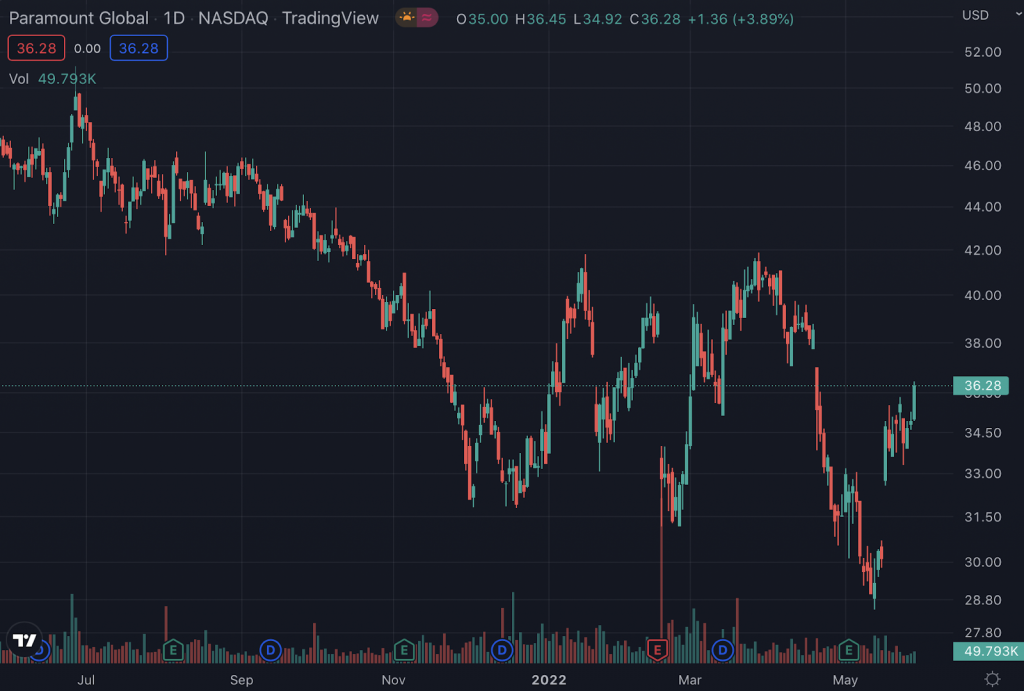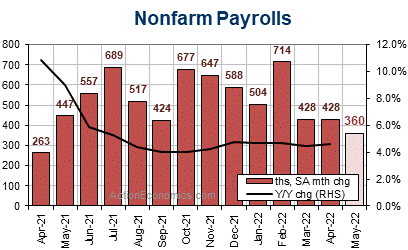The landscape of digital asset taxation is in flux, and a recent bill aims to bring much-needed clarity. On April 30th, a bipartisan effort by Congressmen Ferguson and Nickel presented the “Providing Tax Clarity for Digital Assets Act” to the U.S. House of Representatives. This legislation tackles a critical issue – how to tax staking rewards associated with cryptocurrencies. Let’s delve into the key takeaways from this proposed act:
1. Staking Rewards: From Enigma to Defined Property
The bill proposes a crucial change in how staking rewards are classified. Currently, their tax treatment is murky. This legislation seeks to categorize staking rewards as “created property” under the U.S. tax code. This clear definition removes ambiguity and establishes a solid foundation for taxation.
2. Timing is Everything: Taxing When You Cash Out, Not When You Stake
The proposed act addresses a major pain point for crypto investors – the timing of taxation on block rewards. Currently, some argue they are taxed upon acquisition (when mined or earned through staking), which can lead to double taxation if the value fluctuates before being sold. The act proposes a fairer approach: taxes would only be levied upon the sale or exchange of block rewards, similar to how capital gains are treated for other assets.
3. A Bipartisan Push for US Leadership
The act transcends party lines, showcasing a vital collaboration between Congressmen Ferguson and Nickel. They recognize the need for clear digital asset tax regulations – not just for investors, but for the nation as a a whole. The legislation aims to solidify the United States’ position as a leader in digital asset tax treatment, fostering innovation and attracting businesses within the burgeoning crypto industry.
4. Crypto Advocacy Cheers for Clarity
The “Providing Tax Clarity for Digital Assets Act” has resonated with key stakeholders. Crypto advocacy groups like Coin Center and the Proof of Stake Alliance (POSA) have lauded the proposal. They view it as a significant step towards resolving the complexities of the current tax framework. Clearer rules can promote not only tax fairness but also encourage greater compliance from investors and businesses in the crypto space.
5. Congressman Nickel: A Champion for Crypto Progress
This act isn’t Congressman Nickel’s first foray into advocating for sensible crypto regulations. He has a proven track record of supporting pro-crypto legislation, previously playing a pivotal role in advancing the Financial Innovation and Technology Act of 2023.
6. The IRS: Past, Present, and Future
The proposed act arrives amidst ongoing discussions surrounding crypto taxation. Recent IRS rulings on staking rewards highlight the need for a comprehensive framework. Additionally, the IRS plans on stepping up oversight by requiring brokers to report investor activity related to crypto transactions starting in 2025.
The “Providing Tax Clarity for Digital Assets Act” signifies a crucial step towards a more transparent and predictable tax environment for digital assets. If passed, it could pave the way for a more robust and flourishing crypto ecosystem in the United States.


